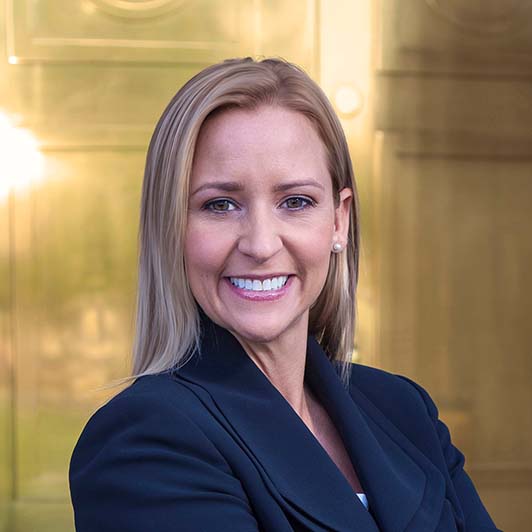From the desk of the Arkansas Attorney General
February 20-26, 2017
Brown v DF&A: Free speech rights depend on location of speech
Leslie Rutledge
Arkansas Attorney General
Freedom of speech, enshrined in the First Amendment to the U.S. Constitution, is a cherished American liberty. In Brown v. Arkansas Department of Finance and Administration, the U.S. Court of Appeals for the 8th Circuit recently addressed an important aspect of that right.
Tom Brown, a Rastafarian minister, set up a table on a grassy area in front of a state revenue office to collect signatures for a statewide ballot initiative. The revenue office, including the grassy area, was on property that the state leased from a third party. A revenue-office manager informed Rev. Brown that the Department had established a no-solicitation policy and that he would have to leave, Rev. Brown refused, and local police were called to remove him. Rev. Brown sued, claiming that the state had violated his First Amendment right to free speech.
Rev. Brown argued that soliciting signatures for a petition was a form of protected speech. But the 8th Circuit ultimately found that the state had not violated Rev. Brown’s rights. The Court’s conclusion provides a good reminder that breadth of protection that courts provide for speech is dependent on where one is attempting to speak.
Some places, like public sidewalks, streets and parks, are traditional public forums that have been open to assembly and debate throughout our nation’s history. Speech in these places is maximally protected. The state can restrict speech based on its content – ie, what general subject the speaker is discussing – only if the regulation meets strict scrutiny: the restriction must be narrowly tailored to further a compelling governmental interest. Otherwise, only reasonable “time, place and manner” restrictions that are neutral as to the content of the speech are permitted. These minimal restrictions are necessary to limit the chaos that would result from everyone having unregulated access to public forums all the time.
The state sometimes intentionally opens up for expressive purposes certain places that have not been traditionally dedicated to assembly and debate. These places, called designated public forums, might include a public school auditorium or cafeteria that has been designated for expressive activity. The state can open or close these forums at any time. But as long as the forum is open, the same rules apply here that apply in traditional public forums.
Then there are nonpublic forums, places like airports, prisons, military bases, post offices and government offices. These places have not historically been open for assembly and debate or designated for expressive activity. Here, the state may restrict speech based on the subject matter so long as the restriction is reasonable and neutral as to the speaker’s specific viewpoint – ie, what position the speaker takes on a general subject.
In Rev. Brown’s case, the court determined that the private property leased by the revenue office was a nonpublic forum. The court went on to determine that the restriction was reasonable and viewpoint-neutral. No one was allowed to petition in this area, regardless of the cause for which they were petitioning.
Leslie Rutledge is the 56th Attorney General of Arkansas. Elected on Nov. 4, 2014, she is the first woman and first Republican in Arkansas history to be elected to the office.



